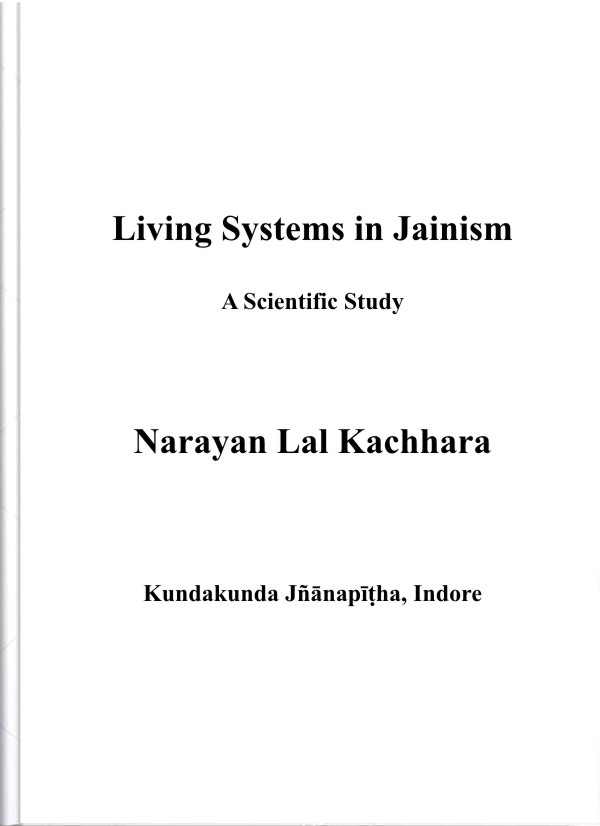"Emotions are a complex psycho-physiological experience of an individual's state of mind as it interacts with biochemical (internal) and environmental (external) influences[1]." "Emotions provide the affective component for positive or negative motivations; motivations direct and energize behavior." Although the word emotion might seem to concern feeling rather than thinking, cognition - particularly the interpretation of the meaning of events - is an important aspect of emotions. "Thoughts" can refer either to the act of thinking or to the resulting ideas or arrangement of ideas. The activities of interpreting, evaluating, imagining, planning, and remembering are also modes of thought.
Some thinkers advocate an integrated approach to thinking that combines the mind and body[2]. "The Embodied Cognition approach states that the classical method of separating the mind from the body to analyze its processes is misguided: instead, we should see that the mind, actions of an embodied agent, and the environment it perceives and envisions, are all parts of one whole which determine each other. A functional analysis of the mind will always leave us with this mind-body problem, which cannot be solved."
Emotions have been classified into different categories. In 1972, Paul Ekman classified the basic emotions as anger, disgust, fear, happiness, sadness and surprise[3]. Robert Plutchik "developed the "wheel of emotions," suggesting that there are eight primary bipolar emotions: joy versus sadness; anger versus fear; trust versus disgust; and surprise versus anticipation[4]." "Some basic emotions can be combined to form complex emotions. Similar to the way primary colours combine, primary emotions could also blend to form the full spectrum of human emotional experience."
"Emotion is one type of affect; other types are mood, temperament and sensation. An emotion is a response to a specific stimulus, which can be internal, like a belief or a memory. It is also generally agreed that emotions have intentional content, which is to say that they are about something -often the stimulus itself. Moods, on the other hand, are typically not about anything, and (at least some of the time) does not appear to be caused by a specific stimulus. Emotions also have a relatively brief duration - of the order of seconds or minutes - whereas moods last much longer."
"Passion" is related to "emotion." "Passion is a very strong feeling about a person or thing. It is an intense emotion, compelling rise of feeling, enthusiasm, or desire for something. Passion and desire go hand-in-hand, especially as a motivation." Passion and desire are inseparable. Both can be either creative or destructive - and their dark side can be dangerous to the self or others.
 Dr. N.L. Kachhara
Dr. N.L. Kachhara
